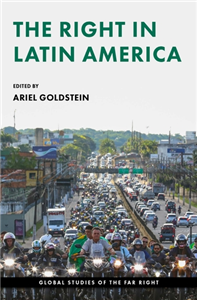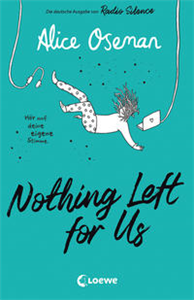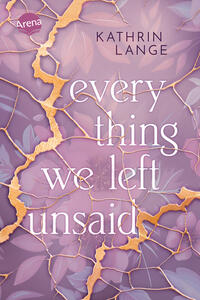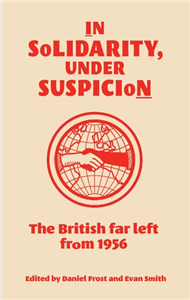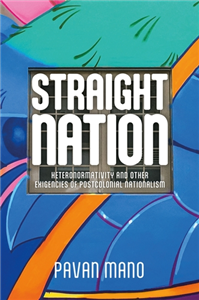LeftWord Books
LeftWord Books is a New Delhi-based publishing house that seeks to reflect the views of the left in India and South Asia. We publish critical and analytical works on a range of subjects, and pay special attention to works on Marxist theory. We project the interests of the working people and movements for social transformation. Set up in 1999, LeftWord runs and manages May Day Bookstore, which is next door to a theatre space, Studio Safdar. LeftWord Books is the publishing division of Naya Rasta Publishers Pvt Ltd.
View Rights Portal











